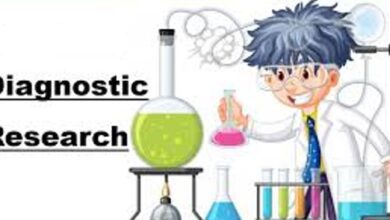What is thick data/Features/vs big data/Advantages
Thick Data consists of performing a data analysis, looking for qualitative information such as ideas, preferences, motivations and behavioral reasons. This information enables better business decision making, as well as the development of products and services.
By applying this Data, companies can make assumptions about consumer behavior, based on historical patterns and other analysis.
Thanks to Thick Data, organizations get the missing pieces to explain why people act the way they do.
Features
Many organizations make decisions based on previously collected information. This knowledge is obtained from observation, from knowing the voice of the customer (VOC), from applying a Net Promoter Score (NPS) survey , conducting a focus group or other research methods.
Today, knowledge about consumer behavior can come from a variety of sources. Thanks to social networks, and the internet, information about why people act the way they do can also be obtained through:
Thick Data vs Big Data
In recent years, the term Big Data has become very popular in the world of market research , as it is a useful tool to obtain quantitative data on consumer trends, behavior and preferences.
However, what Big Data cannot do is explain why we do what we do. Thick Data is responsible for filling that gap, offering qualitative data on consumer habits.
Thick Data goes beyond Big Data to explain why consumers have certain preferences, the reasons why they behave the way they do, why certain trends hold, etc.
Although it is necessary to consider that Big Data allows the implementation of cheaper, faster and larger-scale tools and above all, in real time.
On the contrary, the interpretation of Thick Data is a longer process due to its complexity.
Advantages
Next, we have for you the main benefits of using Thick Data in your organization.
- It allows you to develop a hypothesis about why people behave in a certain way.
- While Big Data can indicate trends in behavior that allow marketers to formulate hypotheses, Thick Data can fill in the gaps and allow them to understand why customers are likely to take action.
- Thick Data helps companies analyze consumer data, through their online behavior and interactions, to decode their needs, preferences, feelings, and complaints, and deliver a positive customer experience.
- Businesses can offer personalized customer service and make better data-driven business decisions.
- It makes it possible to segment markets to develop sales and marketing strategies that apply specifically to each group.
- The real benefit of Thick Data is that it enables companies to humanize large amounts of data to understand what motivates customers.
This method can be a top-tier differentiator, helping companies truly discover the kind of information they ever hope to get from big data alone.
Without a doubt, obtaining more complete data can help you build a deep emotional connection with your clients.

